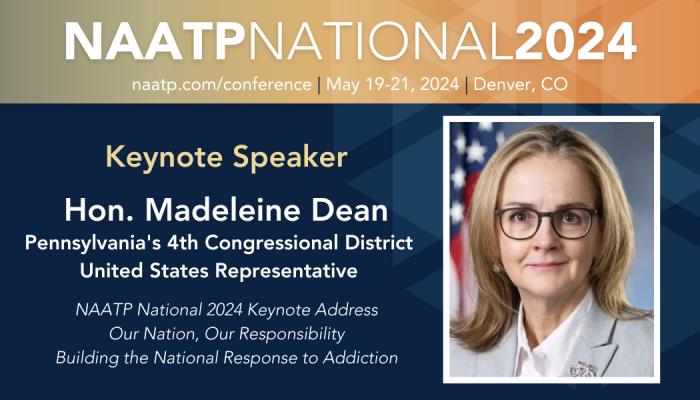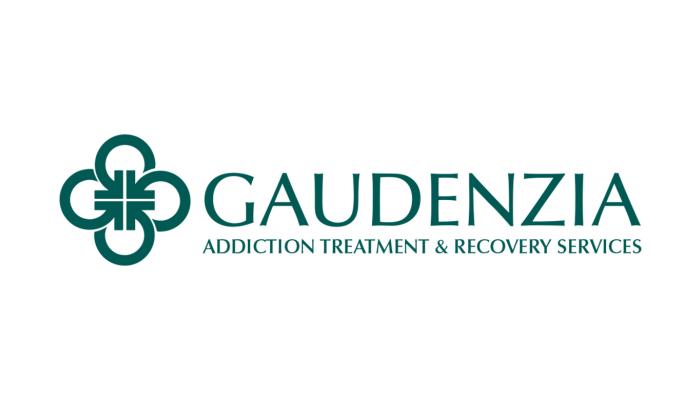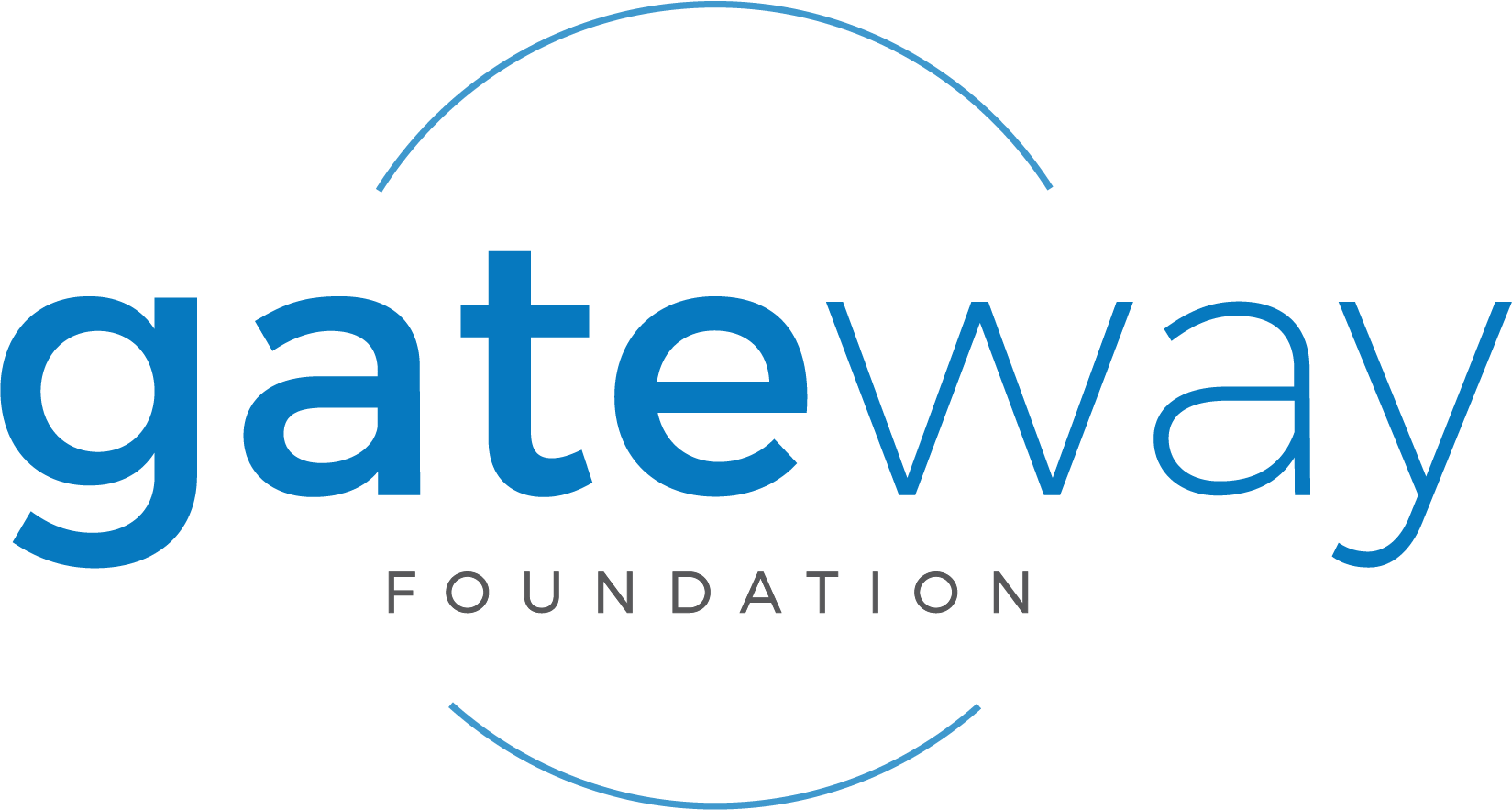May 9, 2024
When the Mental Health Parity and Addiction Equity Act (MHPAEA) passed in 2008, the mental health and substance use disorder (MHSUD) fields believed that access to and reimbursement for treatment would finally be equal to other medical issues. The law requires insurers to treat mental health and SUD issues equally with medical/surgical treatments. Everyone underestimated the vigor with which insurers would stall implementation and enforcement. Now 16 years later, this critical law is still being routinely ignored as millions of Americans struggle to find the help they need. A major impediment occurred when individual states were given responsibility for enforcement despite MHPAEA being a federal law.
Over the years, Congress has taken baby steps in attempts to address enforcement issues, however major problems persist. In 2021 Congress required federal agencies to analyze insurer compliance with the 2008 law. The resulting report found that of those examined, there was an incredibly high rate of non-compliance.
With strong support from the SUD and mental health organizations, the Biden Administration has chosen to address the issues directly. NAATP is appreciative of these efforts and the proposed changes. We urge the White House to finish the task and issue their final MHPAEA rules as soon as possible.
The proposed rule, which is subject to change, codifies the requirement that insurers perform and document comparative analyses for all non-quantitative treatment limits (NQTL) imposed on MHSUD services. The rule sets forth very detailed requirements for the content of each comparative analysis, as well as the process for making comparative analyses available to relevant regulators and beneficiaries upon request. Under the proposed rule, failure to provide a sufficient comparative analysis could result in the federal agencies prohibiting the plan from imposing the NQTL in question until the insurer can demonstrate compliance with MHPAEA or remedy the violation.
The new rule would also establish a new, more prescriptive standard for evaluating whether an NQTL complies with MHPAEA. The new standard prohibits the application of an NQTL to MHSUD benefits unless the insurer can prove that it satisfies specific standards that are comparable with medical/surgical requirements. These changes and others proposed will advance enforcement of this critical law.
NAATP appreciates the efforts of our sister organizations in support of these changes, particularly those of the Kennedy Forum led by original MHPAEA sponsor, former Congressman Patrick Kennedy. We applaud the Administration’s decision to move forward and urge making these proposed rules permanent.





















